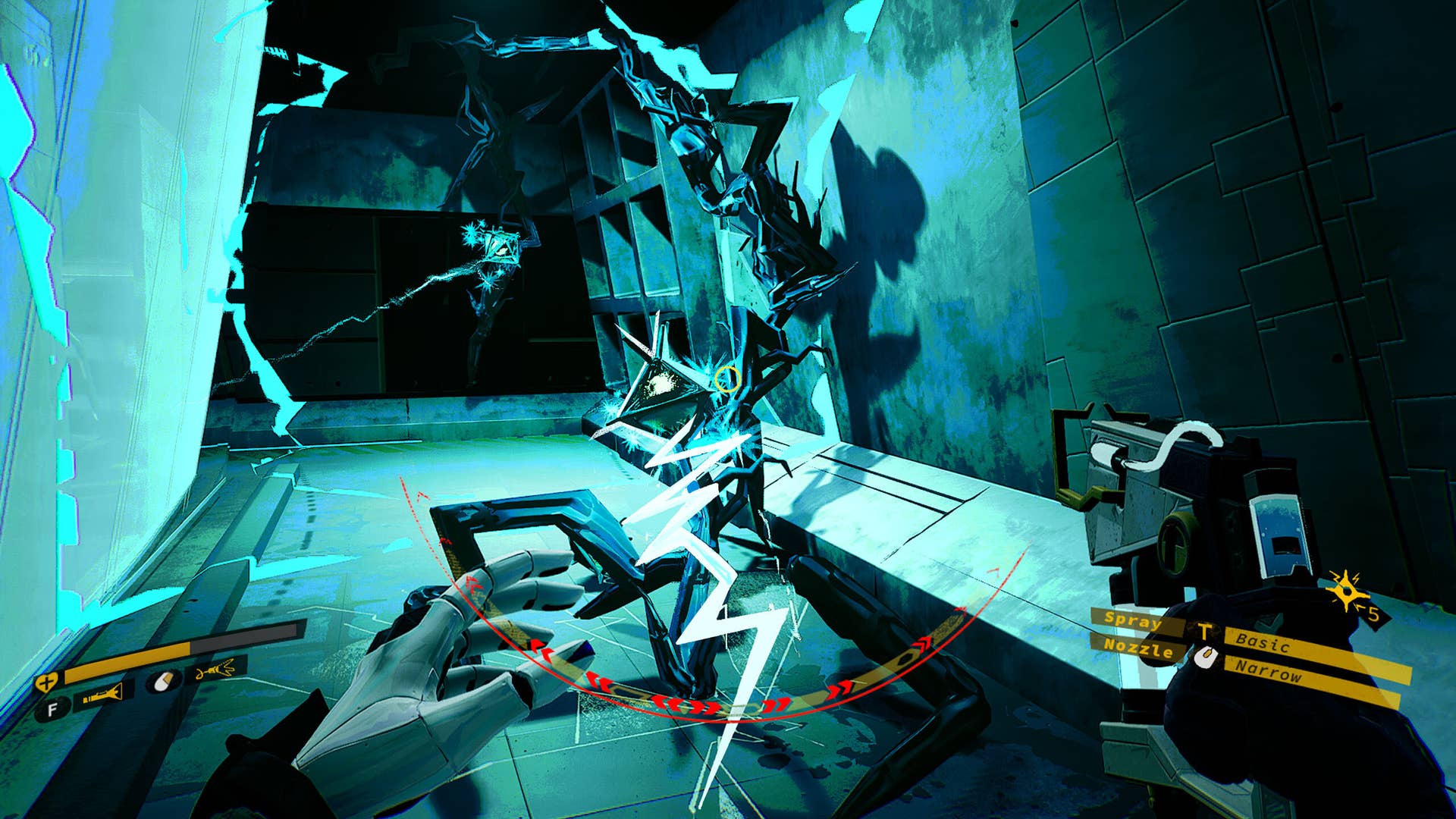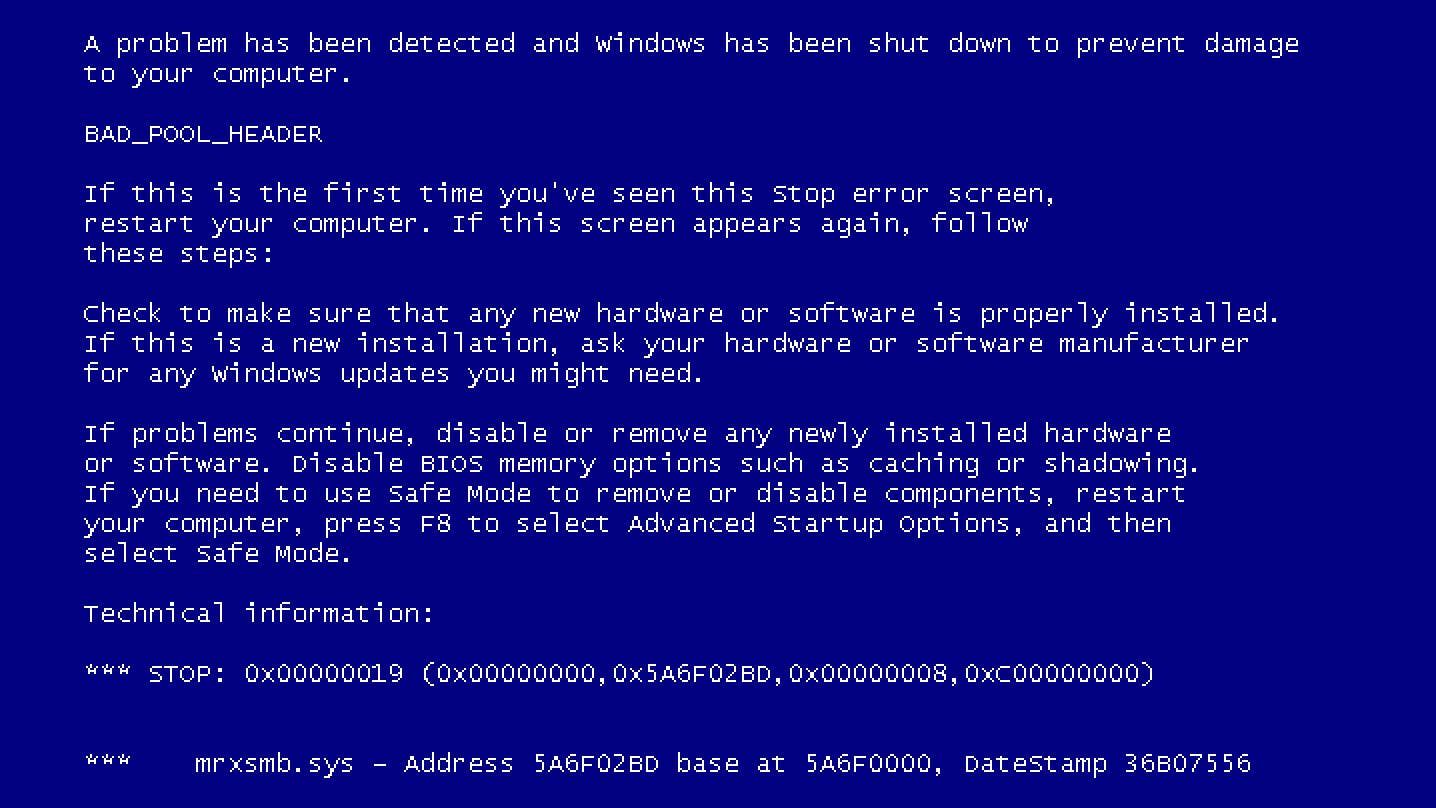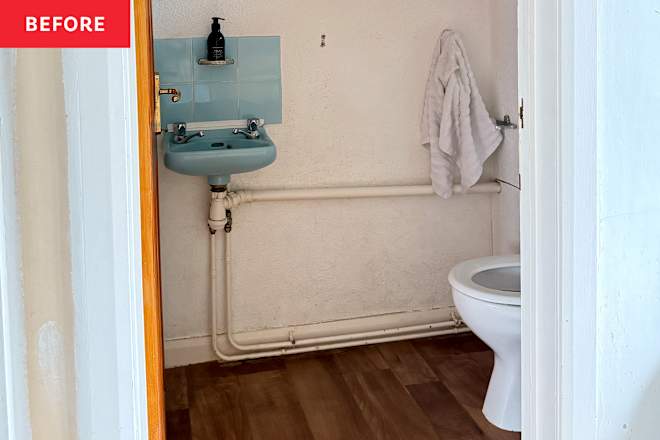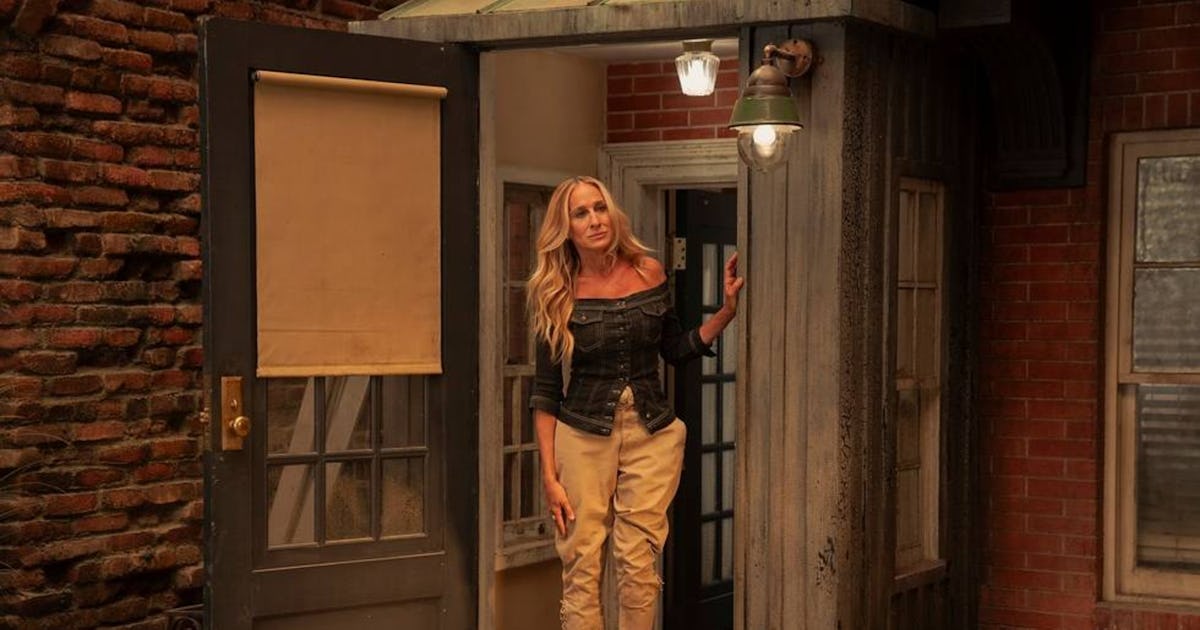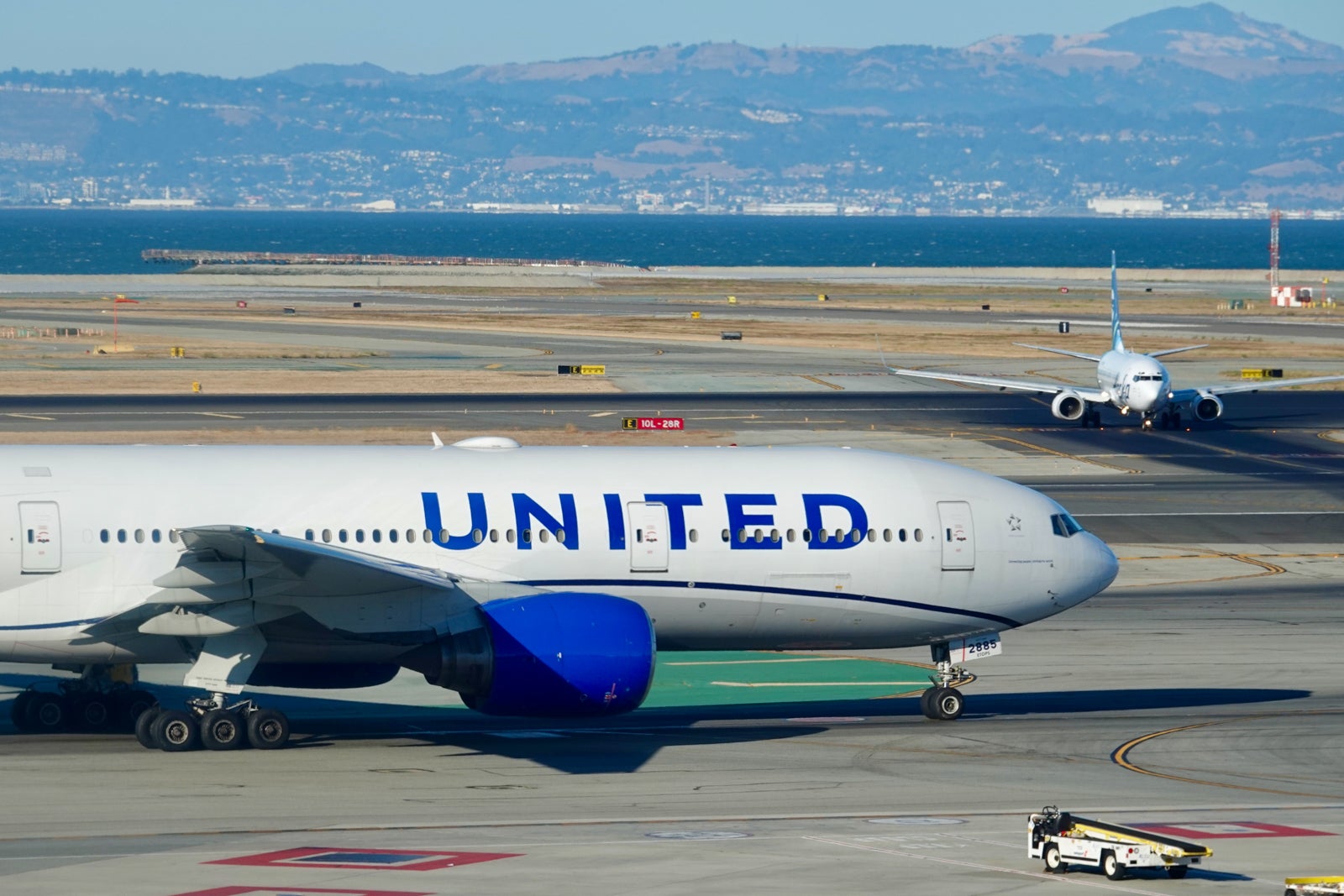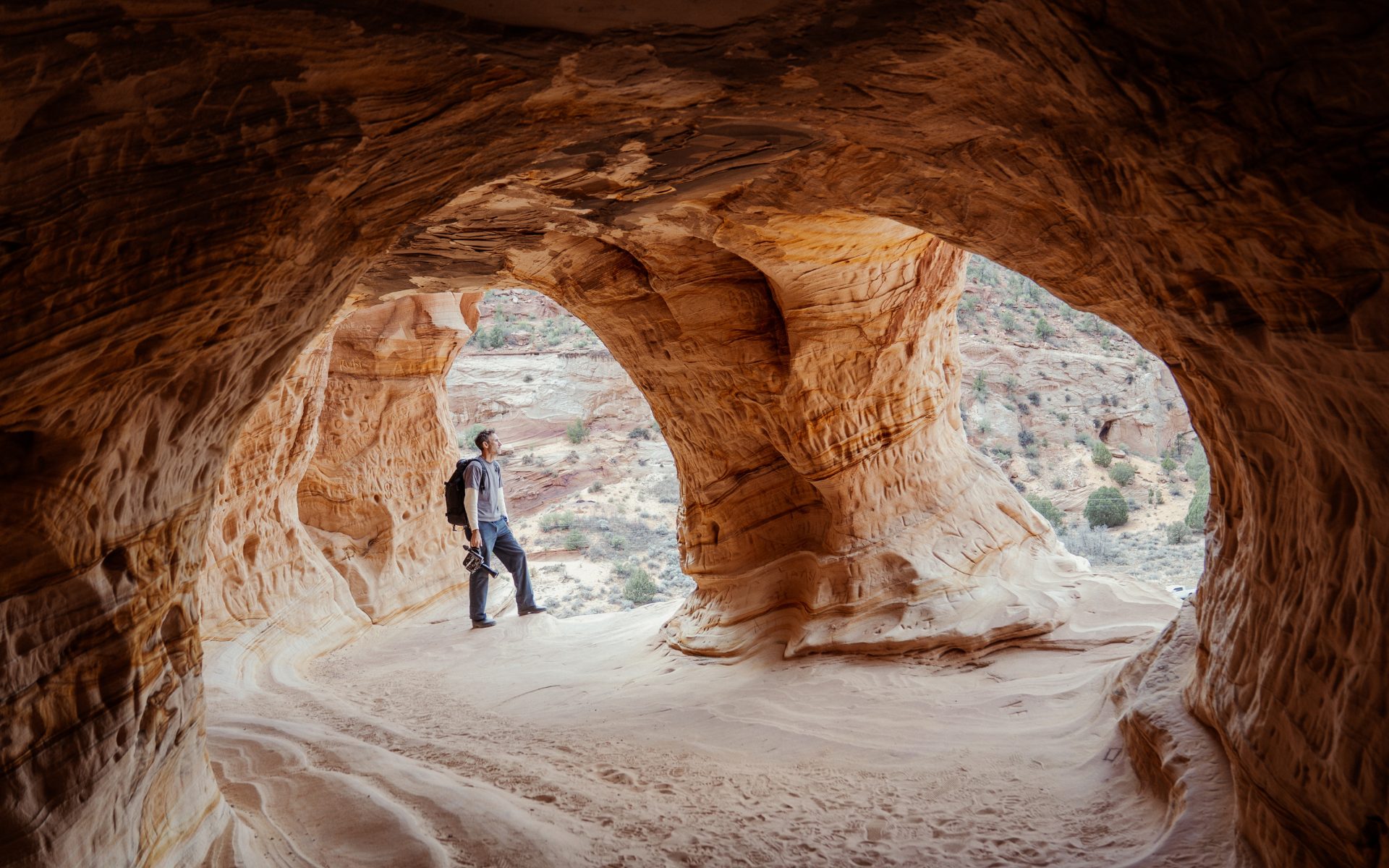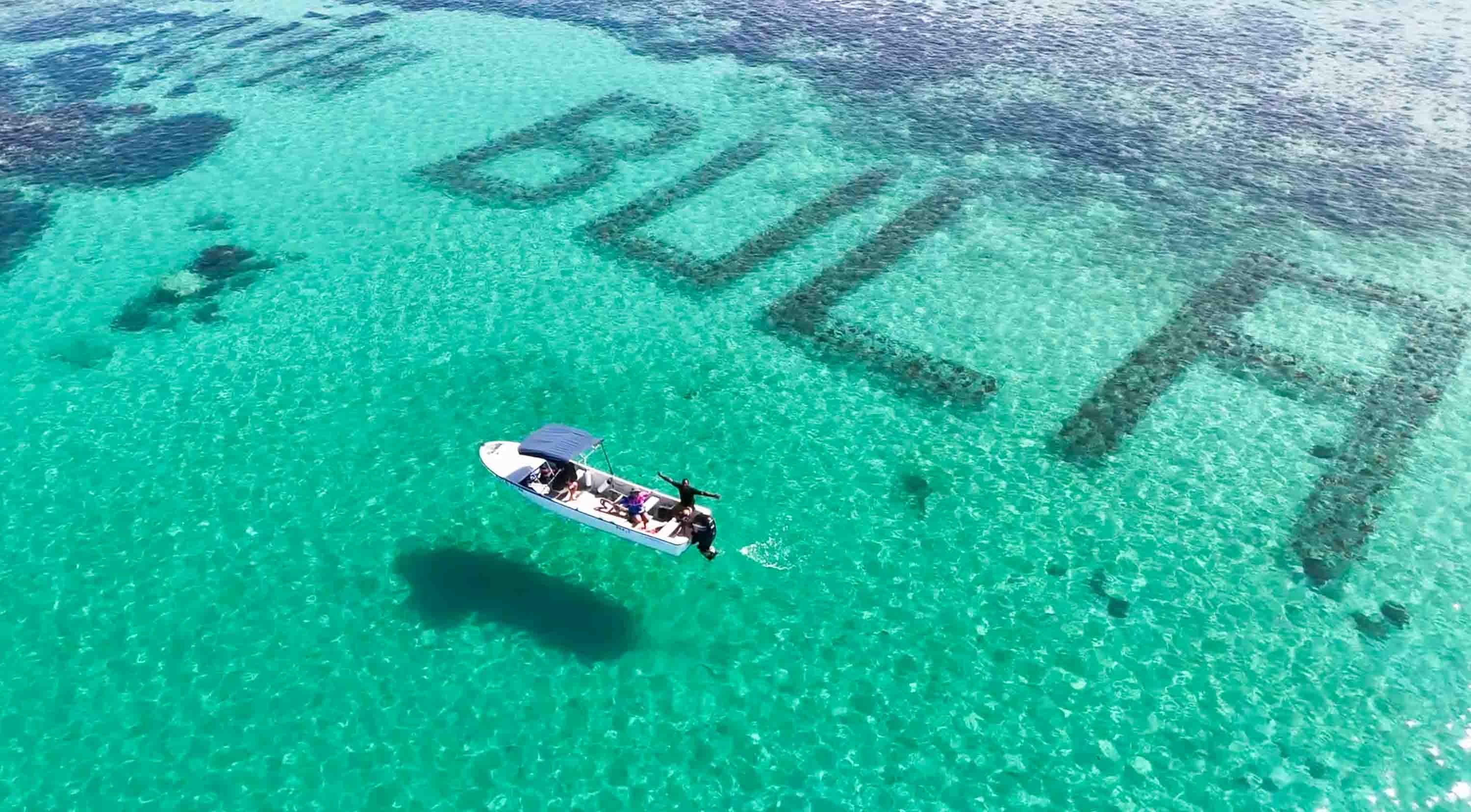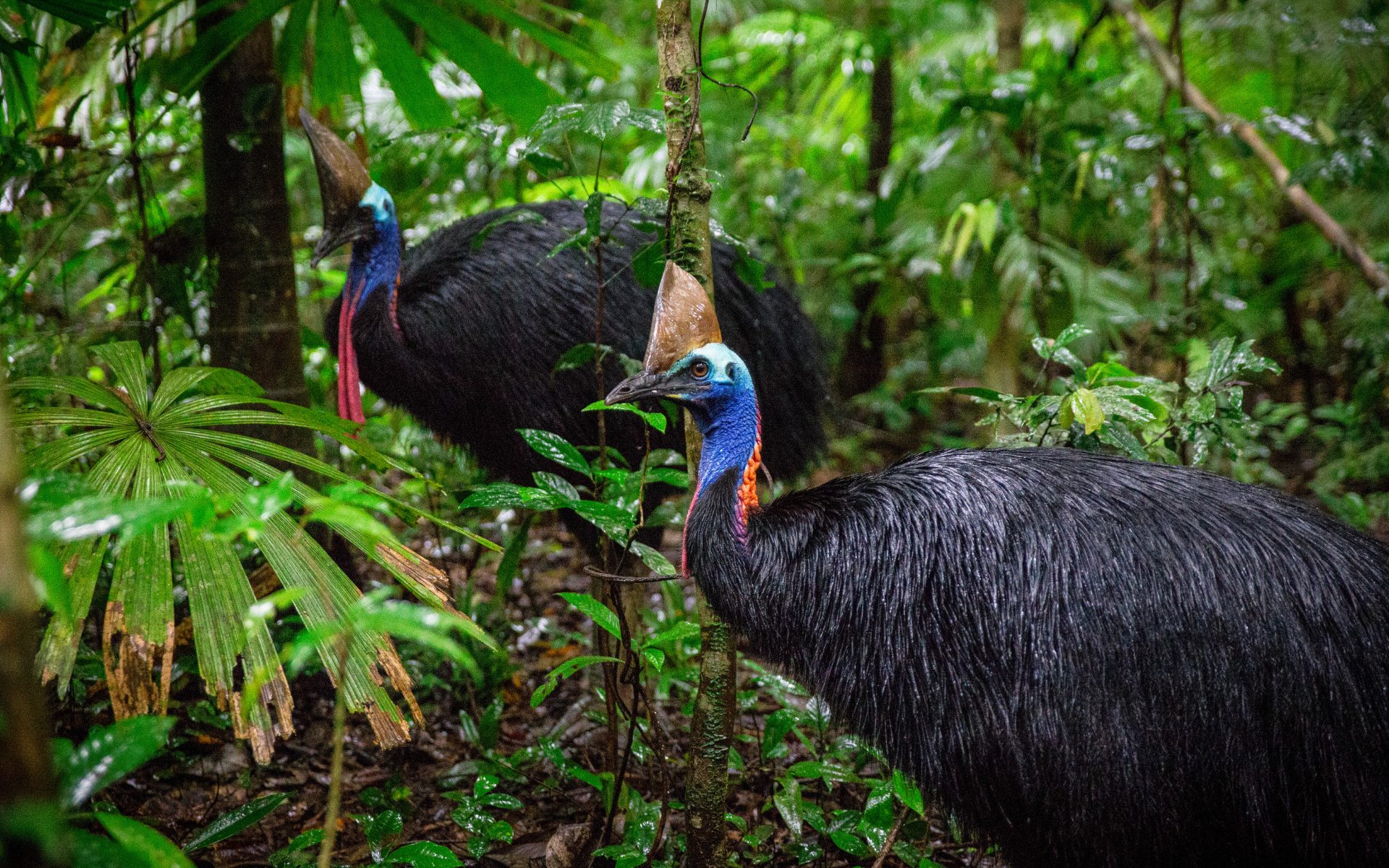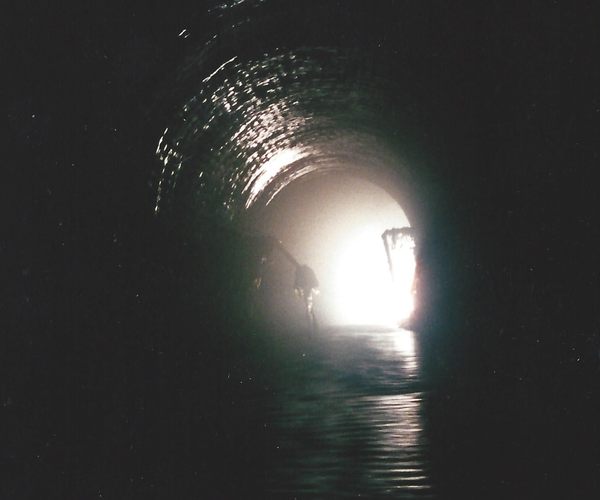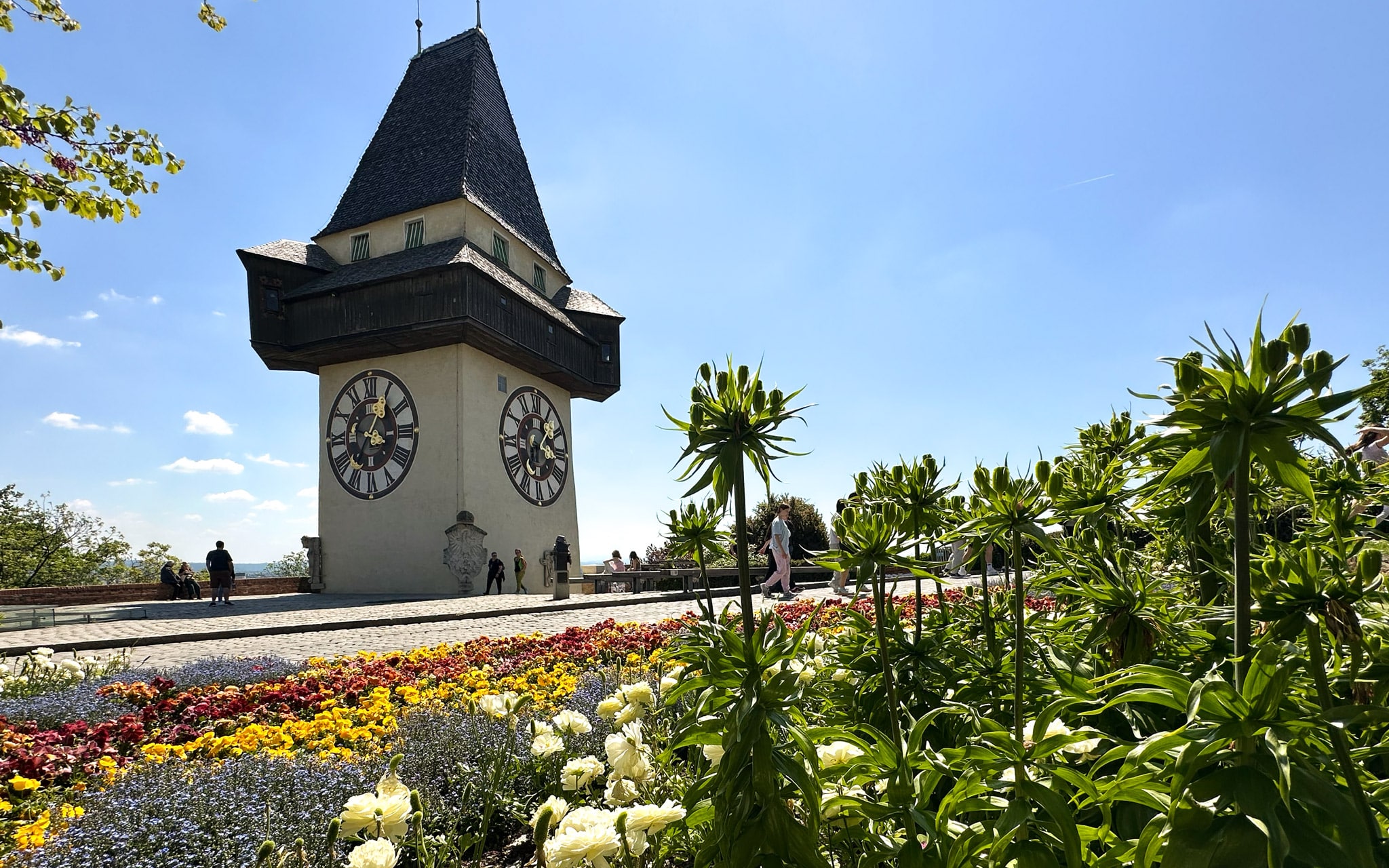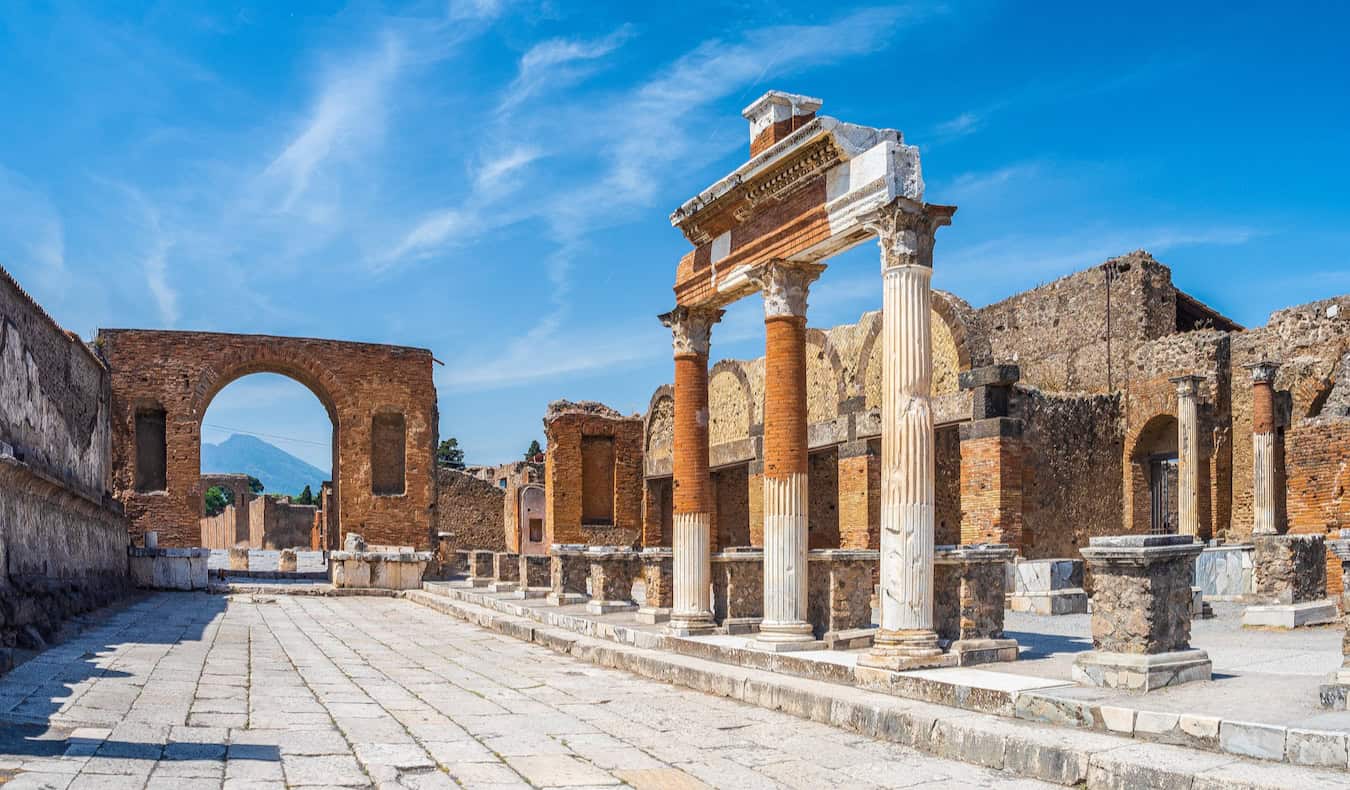India Rejects United Nations Help In Air India 787 Accident Probe
A little over two weeks ago, we saw an Air India Boeing 787 crash after takeoff from Ahmedabad, killing hundreds. This is the most fatal aviation accident in roughly a decade, and it’s also one of the most mysterious. What would cause a Boeing 787 to essentially fall out of the sky just seconds after takeoff?
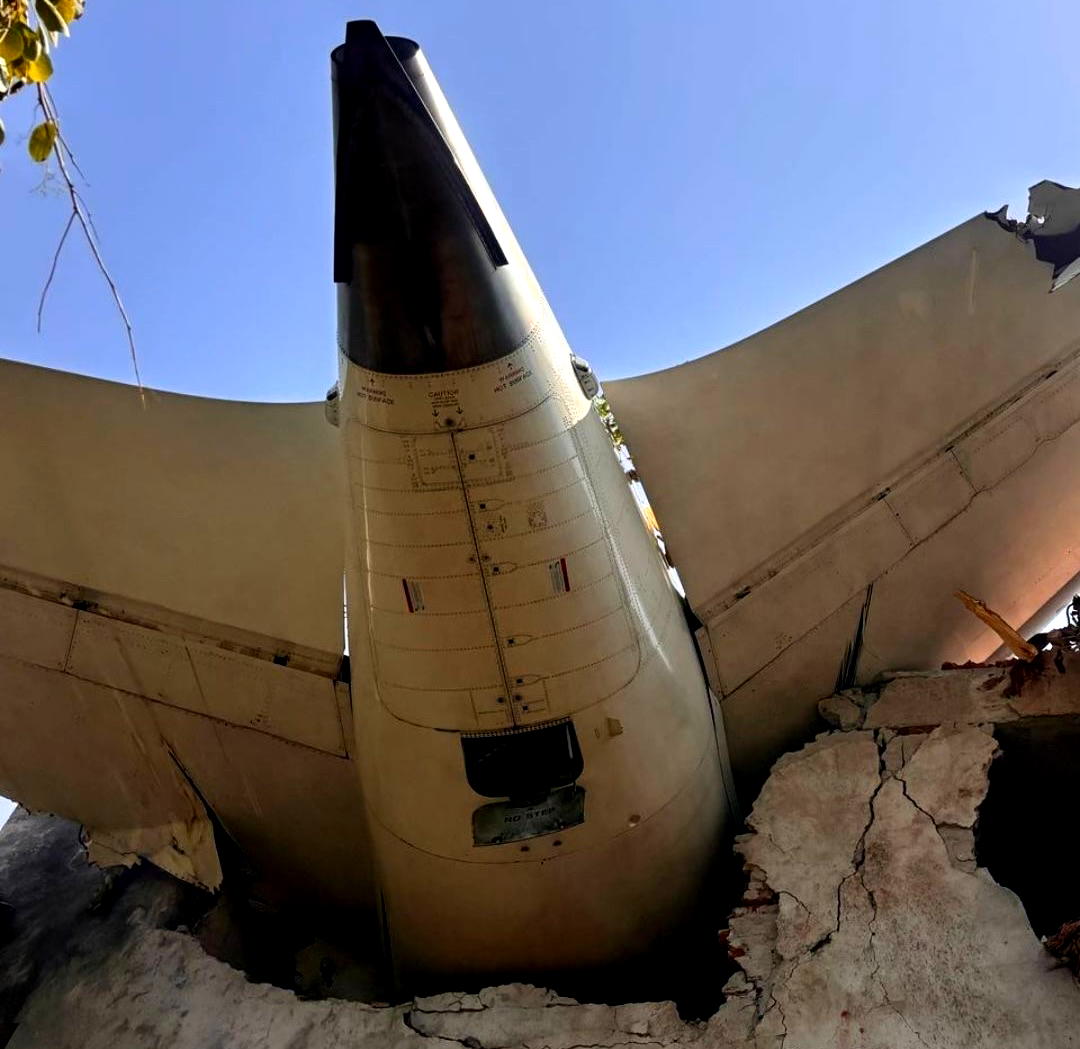
A little over two weeks ago, we saw an Air India Boeing 787 crash after takeoff from Ahmedabad, killing hundreds. This is the most fatal aviation accident in roughly a decade, and it’s also one of the most mysterious. What would cause a Boeing 787 to essentially fall out of the sky just seconds after takeoff?
An interesting detail has just emerged about the investigation, as India is seemingly denying some outside help in this investigation. Is that fair enough, or reason for concern?
India denies assistance with accident investigation
Reuters is reporting that India would not allow a United Nations (UN) investigator to join a probe of the crashed Air India jet. Specifically, earlier this year, the UN aviation agency offered India one of its investigators to provide assistance following the crash.
In the past, the International Civil Aviation Organization (ICAO) has deployed investigators to help with some probes, but that has historically been in situations where local agencies have asked for this assistance. In this case, the ICAO asked India’s Aircraft Accident Investigation Bureau (AAIB) to be given observer status in the investigation, but the offer was refused.
News of India denying this help comes as the country has received some criticism for the ways in which it’s handling the investigation, including delays in analysis of black box data. Investigators finally announced on Thursday that they’ve downloaded flight recorder data, around two weeks after the initial crash. That came with quite a delay, as those items were recovered on June 13 and June 16. Authorities in India have only held a single press conference on the accident, where no questions were taken.
Is this help denial concerning, or fair enough?
I can see both sides to India’s AAIB denying ICAO investigators access to the investigation.
On the one hand, perhaps Indian authorities felt a bit undermined. Why is the ICAO offering investigators help, when it doesn’t usually proactively offer that? I suppose that could be interpreted as a lack of confidence. Then again, this is the most significant accident we’ve seen in a very long time, and aviation safety is a global concern.
On the other hand, you’d think that having as much transparency as possible would be for the best, and that the philosophy would be “the more, the merrier,” especially when it comes to experienced investigators with different skill sets overseeing an investigation.
It goes without saying that those first weeks (and particularly days) after an accident are the most crucial in terms of collecting all the facts. One also certainly can’t help but wonder to what extent some accident causes haven’t been determined due to governments performing poor investigations, and/or not being very transparent.
For example, the most mysterious aviation mystery in modern times is that of MH370, whereby a Malaysia Airlines Boeing 777 simply went missing after takeoff, and was never seen again. I can’t help but think that our lack of a resolution there at least partly comes down to either a cover-up of some sort, or a poor investigation early on. The same is true for some of the EgyptAir accidents we’ve seen, where Egyptian authorities seem determined to claim that outside factors were at fault.
We’ll see how this all plays out, but the pace at which authorities in India are even decoding data is a bit concerning, and denying access to the ICAO isn’t a great look either.
Bottom line
India has reportedly denied an accident investigator belong to the UN’s ICAO access to the Air India crash probe. This is unusual on a couple of levels. It’s unusual because the ICAO typically only offers investigators help when asked. And it’s also unusual because most investigators would appreciate having more experts with diverse viewpoints tracking an investigation.
I guess we’ll see how this all plays out, but the Indian government hasn’t exactly been doing a stellar job communicating transparently so far, and given how soon the flight data was recovered, it’s taking a long time to actually analyze it.
What do you make of this Air India crash investigation situation?











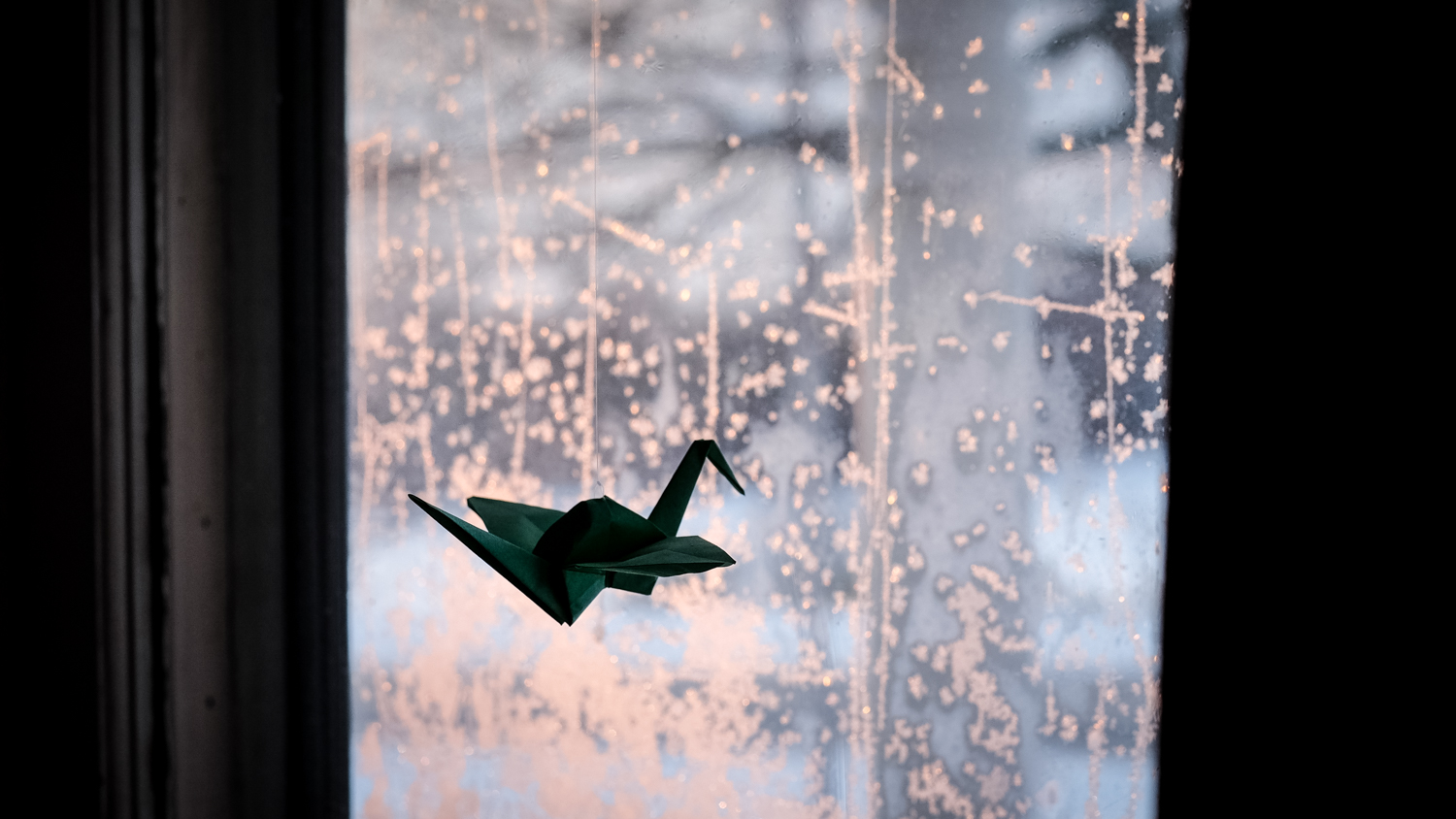




















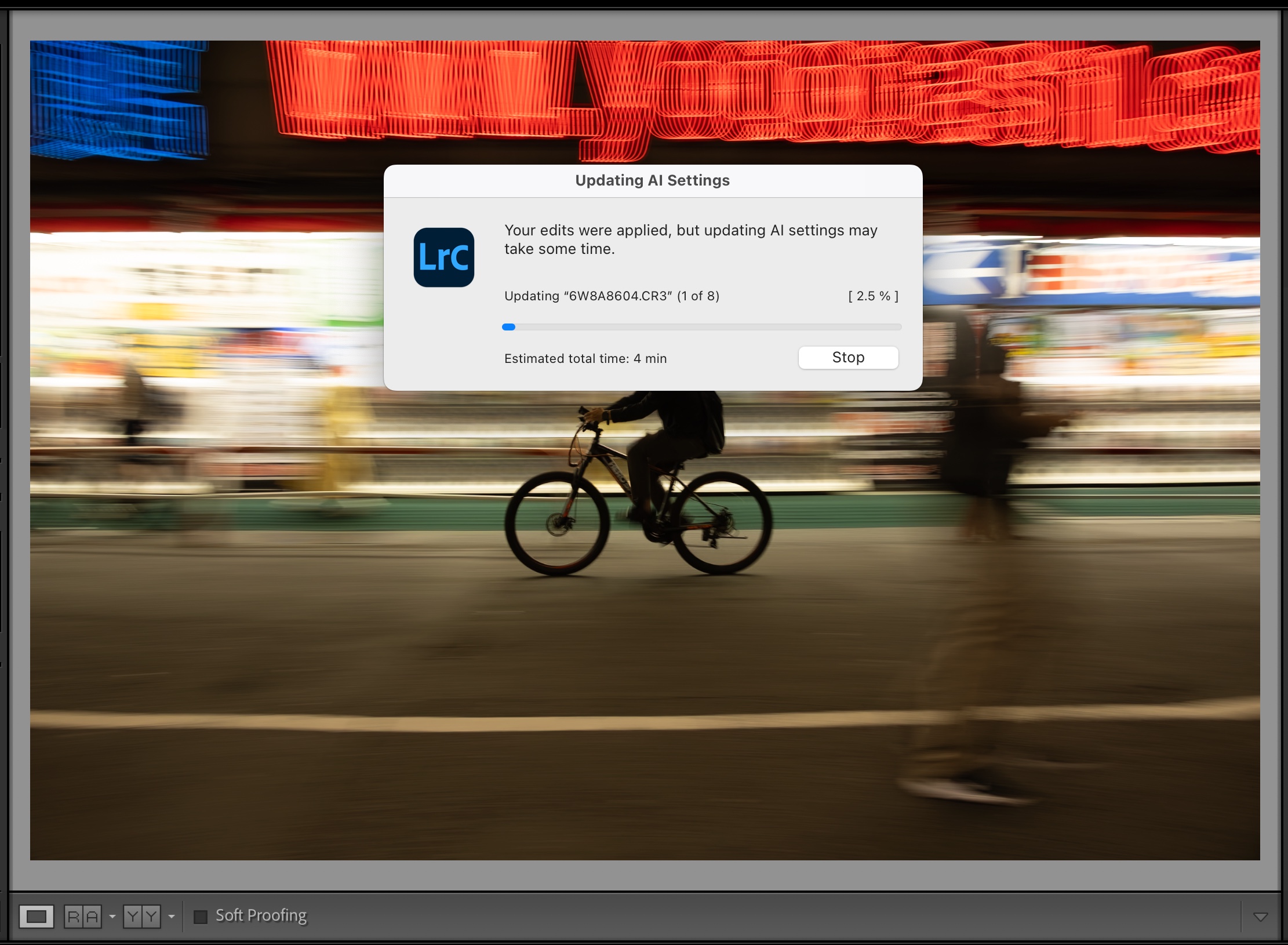
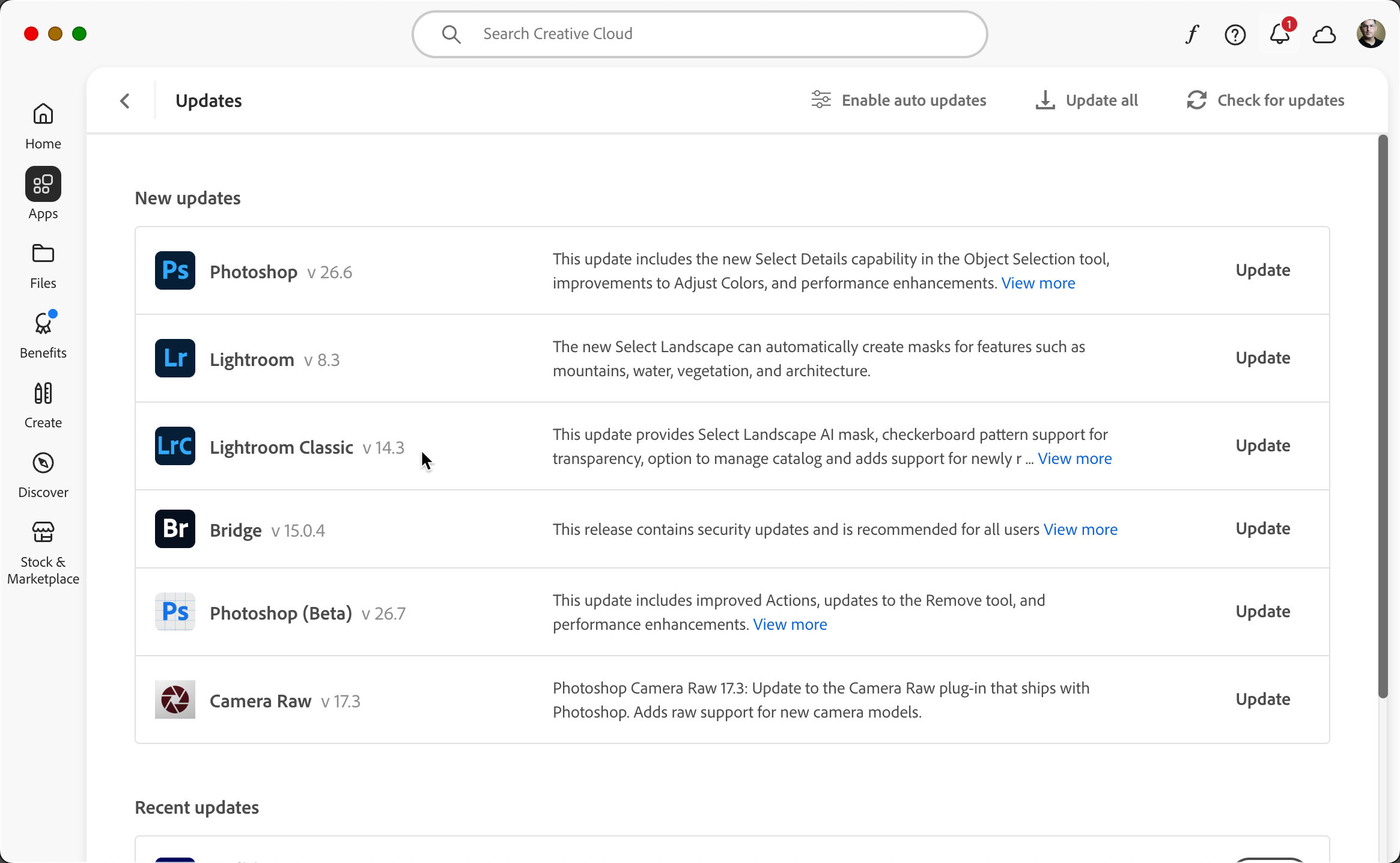










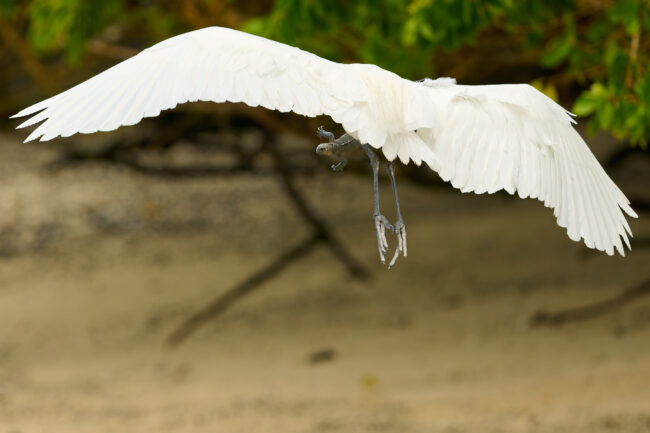
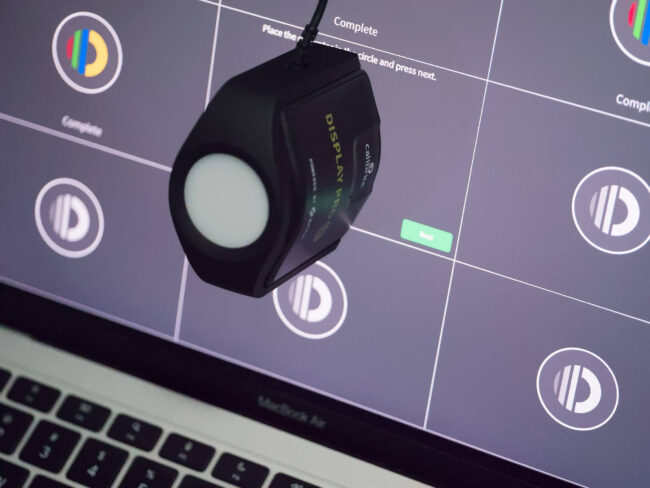















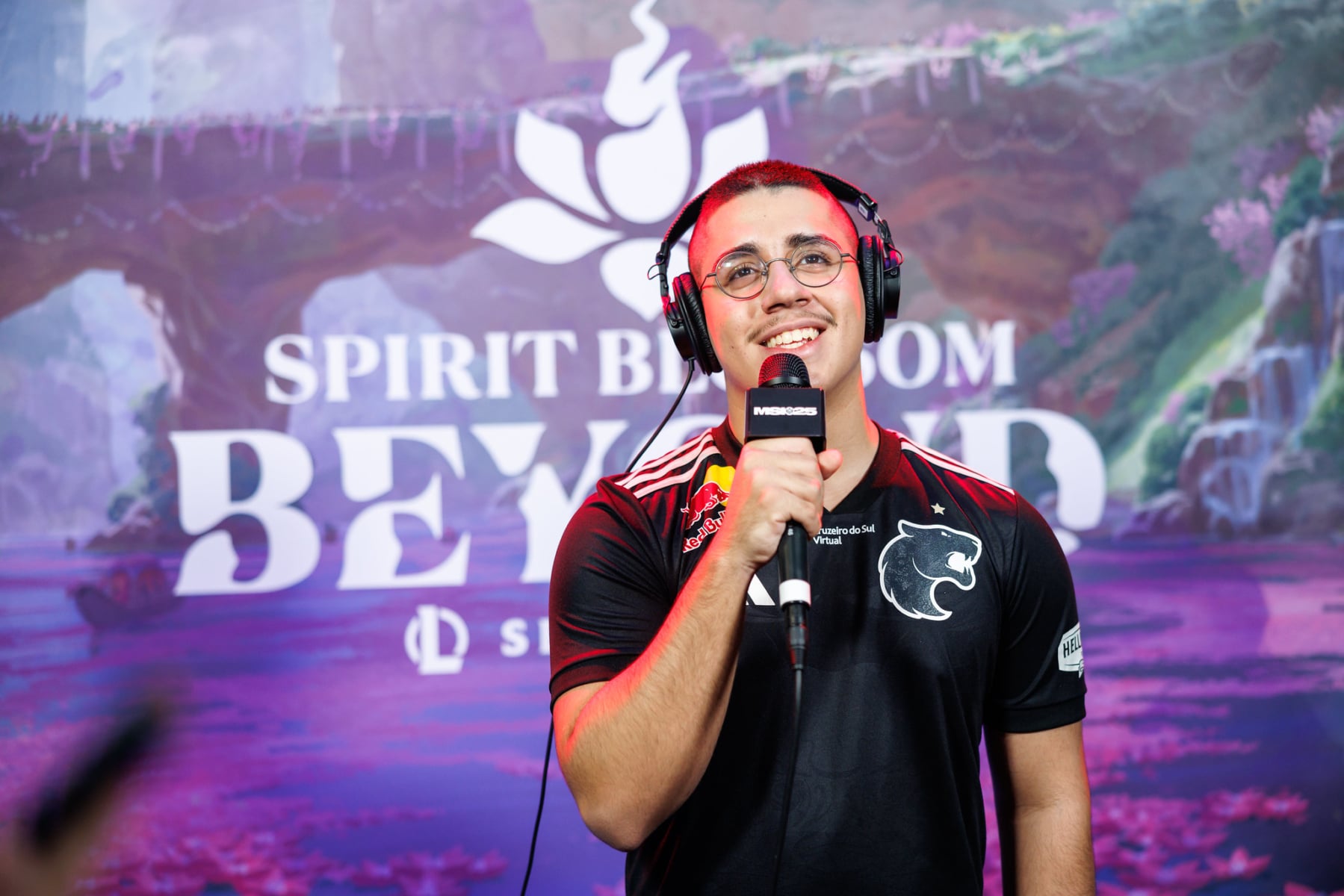
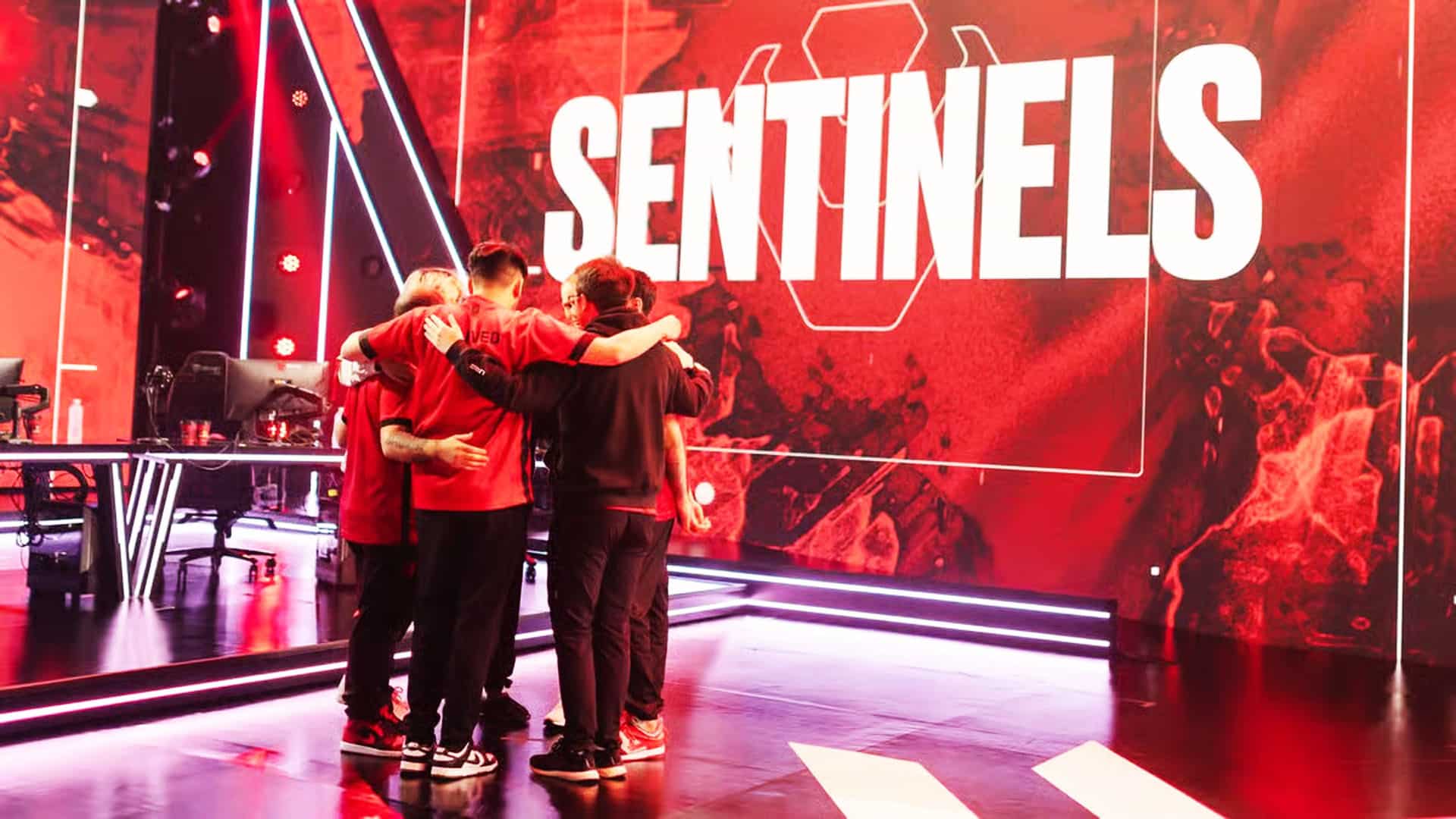

























.jpg?width=1920&height=1920&fit=bounds&quality=70&format=jpg&auto=webp#)
